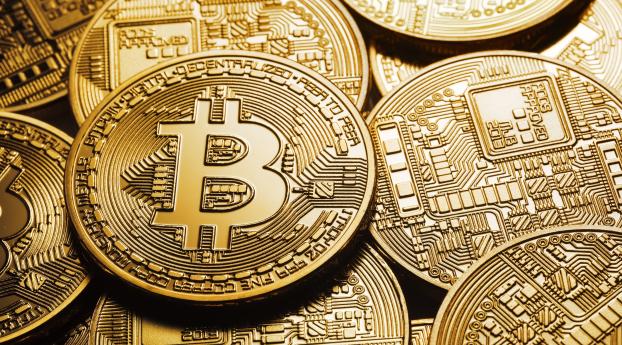
The Crypto Craze: Decoding the World of Digital Currency

In recent years, the world of finance has been buzzing with the rise of cryptocurrencies, also known simply as crypto. These digital assets have captured the imagination of investors, technologists, and the general public alike, sparking a global phenomenon known as the "crypto craze." But what exactly is crypto? Essentially, it is a form of digital currency that operates independently of a central authority, using cryptography to secure transactions, control the creation of additional units, and verify asset transfers. The decentralized nature of crypto has led to a paradigm shift in the way we perceive and interact with money, challenging traditional banking systems and opening up new possibilities in the realm of finance and technology.
History of Crypto
Cryptocurrency first emerged in 2009 with the introduction of Bitcoin by an individual or group using the pseudonym Satoshi Nakamoto. Bitcoin was created as a decentralized digital currency, utilizing blockchain technology to record transactions securely and anonymously.
Following the success of Bitcoin, numerous alternative cryptocurrencies, known as altcoins, started to appear. These new digital currencies aimed to address specific limitations of Bitcoin or introduce unique features, thereby diversifying the cryptocurrency landscape.
The rapid growth of the crypto market in the 2010s led to increased adoption and mainstream recognition. Despite facing regulatory challenges and volatility, cryptocurrencies have continued to gain popularity as a novel form of investment and a potential disruptor in the financial sector.
Types of Cryptocurrencies
When it comes to crypto, there’s a wide array of options to explore. Bitcoin, the pioneer in the world of digital currencies, remains a popular choice among investors and enthusiasts alike. Its decentralized nature and limited supply have positioned it as a store of value that has garnered significant attention in the financial world.
Apart from Bitcoin, Ethereum has also carved out a prominent place in the crypto sphere. What sets Ethereum apart is its smart contract functionality, allowing developers to build decentralized applications (dApps) on its blockchain. This feature has led to innovations in various industries, attracting a dedicated community of supporters.
Read More
Litecoin, often referred to as the silver to Bitcoin’s gold, is another well-known cryptocurrency. Launched as a ‘lighter’ version of Bitcoin, Litecoin offers faster transaction times and lower fees, making it a practical choice for everyday transactions. With a strong focus on speed and efficiency, Litecoin has gained its own following in the digital currency space.
Future of Digital Currency
The future of digital currency looks promising as more individuals embrace the concept of crypto transactions and investments. With advancements in technology and increasing acceptance by businesses, the potential for widespread adoption of digital currency is evident. As more people gain confidence in the security and convenience of crypto, its mainstream integration seems inevitable.
As governments and financial institutions worldwide explore the possibilities of creating their own digital currencies, the landscape of the financial industry is likely to undergo a significant transformation. The emergence of central bank-backed digital currencies poses both challenges and opportunities for traditional cryptocurrencies like Bitcoin and Ethereum. It will be intriguing to see how these various forms of digital currency coexist in the future financial ecosystem.
Furthermore, the decentralized nature of cryptocurrencies provides a sense of empowerment to individuals, allowing for greater control over their finances and economic transactions. As blockchain technology continues to evolve and new applications are developed, the potential uses of digital currency are vast. From decentralized finance (DeFi) to tokenization of assets, the future of digital currency holds exciting prospects for reshaping the global economy.



